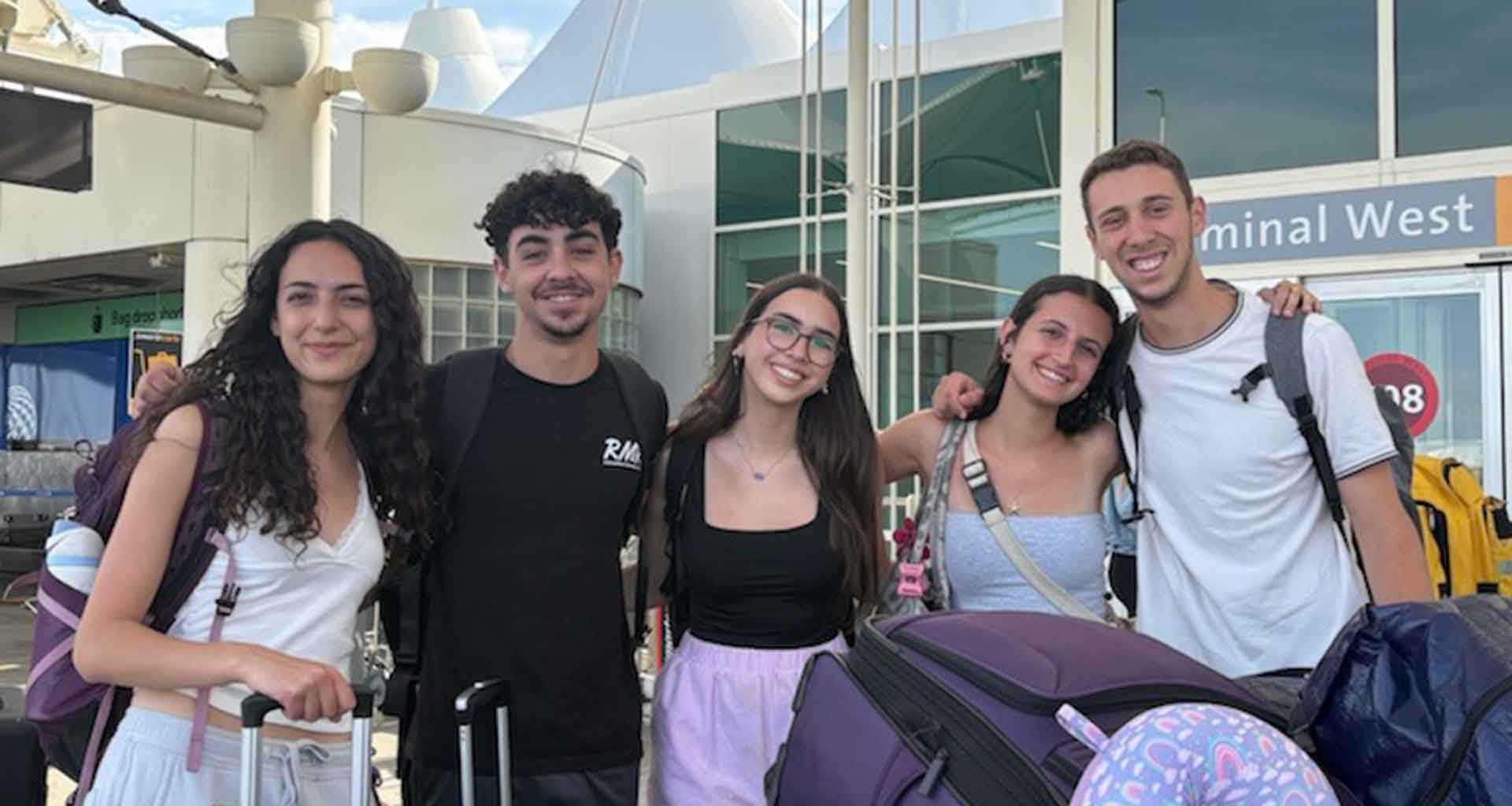By: Jenna Raimist
Director of Annual Campaign
In Parashat Vaetchanan, Moses once again pleads with God to allow him to enter the land of Israel with the people. And again, God denies his request. Moses then insists that the Israelites abide by the Ten Commandments without adjustment, and dictates that the people share their experiences with their children and their children’s children—l’dor v’dor. He encourages them to guard their souls so as to not forget, then continues with the Shema and V’ahavta prayers.
The Shema, our most essential declaration of the Jewish religion and faith in one singular God, is traditionally said with closed eyes. The second line, “Baruch shem k’vod malchuto l’olam va’ed” is whispered. Are these acts of guarding so as to not forget? If we don’t close our eyes or whisper, do these prayers mean less? In a 21st-century world, with endless distractions at our literal fingertips, it’s easier than ever to feel disconnected. When a smartwatch or phone buzzes to signal a new alert, it is challenging to maintain conversation as we would without technological interference. If it’s becoming more and more difficult to connect with others, how can we be expected to maintain a relationship with self, let alone God?
Perhaps guarding the soul of the Shema with closed eyes was a mechanism, akin to turning off a phone or computer, created for concentration and connection. Perhaps in a modern world, closing our eyes and whispering can serve as reminders that our time spent connecting, to others or self or spirit, is sacred and should be treated as such.
Please email Jenna Raimist at jraimist@jewishcolorado.org with questions or comments.






